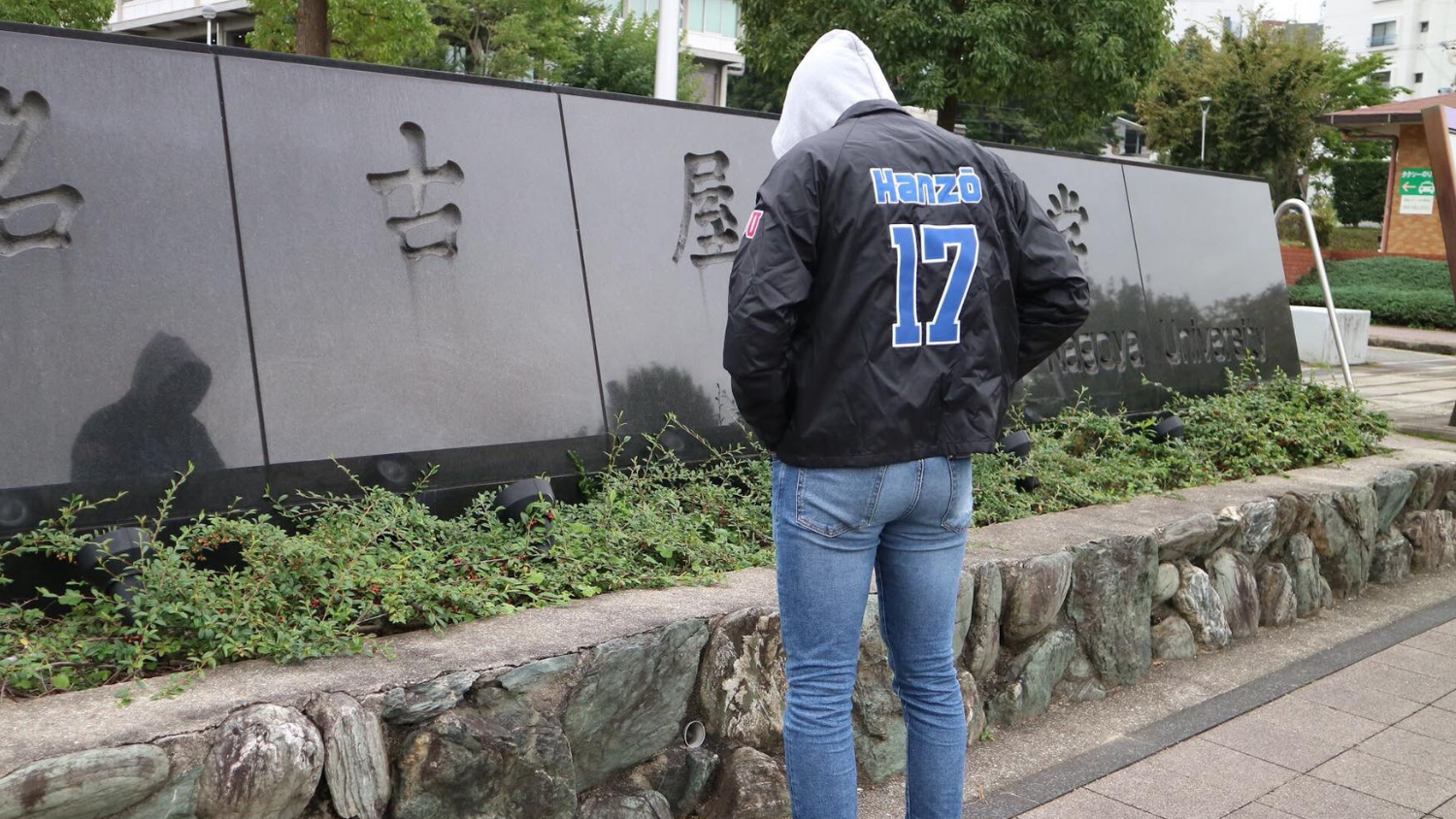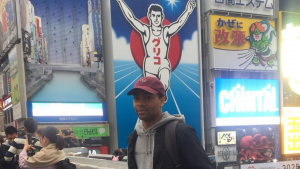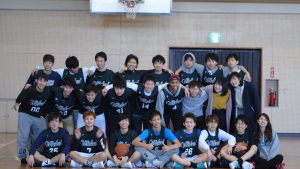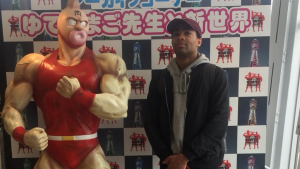Meet Joel Caruthers

Program and Location:
Academic Year, Nagoya University; Nagoya, Japan
Why did you choose to study abroad?
In the year before I studied abroad, and at the moment I chose to study abroad, I wanted to experience something new and further my horizon. Something I was not getting as a sophomore in college. So, one day when I was thinking to myself and knowing what I needed to do to experience something new, I decided to study abroad in Japan, specifically. From there I spent the next year preparing for studying abroad in Japan.
What did you learn about yourself?
Throughout my stay in Japan, I found myself. In my reasons for studying abroad some were pure reasons, others were more of escaping and running away from things and problems with old friends and I thought studying abroad would change that. Which it did. I found out how to be to be alone, but always knowing I had people to support me like my family. I learned that budgeting is hard and keeping on a budget goes a long way. I learned to be myself and to be happy with who I am and what I can change about myself if I do not like the way I am now. Figuring out how to be on my own (but never truly alone), learning to navigate a foreign language (I speak conversational Japanese now) and a foreign land (dealing with being an obvious foreigner), are all things that challenged me and pushed me to become someone I want to be. Someone who is charismatic, energetic, and makes the people around him happier. Going through study abroad taught me to reach out my comfort zone and always work to improve myself from where I was yesterday.

What was one of your favorite parts of your program?
Making all the friends that I did was one of my favorite parts of the program. Making friends through my basketball circle, people in my program, other international students, and native Japanese students gave me the drive to speak Japanese, create a family from people with different backgrounds, and learn about cultures I would never think of learning if I did not have friends from those countries. I had friends in Nagoya, Osaka, and Tokyo before leaving for Japan but I have friends from Kyoto, Osaka, Nagoya, Tokyo, Europe, Australia, Asia, South America, and Africa now. Knowing I made friends with people from diverse backgrounds and being able to make these friends speaks to my overall thinking of whether or not I fully experienced studying abroad.
What advice do you have to future study abroad students?
It is nice to be in the study abroad circle and have a lot friends in the study abroad circle, but push your boundaries and make friends with the native people there.

How did your study abroad experience prepare you for your future career?
Since I study abroad based off my minor of Japanese, I did not get much chance to do civil engineering; however, I have learned a language and who knows, a lot of things could benefit me from speaking Japanese in the future.
Were you surprised by anything during your time abroad?
I was surprised people did not think I was American off the bat. I usually got a surprised look from my teachers and friends who were native Japanese when I said I was American, but for the most part I thought I sounded, dressed, and acted pretty American in my opinion. Especially, since I always described things in Fahrenheit, feet and inches, and miles. And also my age, people thought I was 5 or 7 years older than my age. (I think I look pretty young in my opinion.)

How were your classes abroad different than if you would have taken them at NC State? Did you take any field trips or do anything outside of the traditional classroom?
I had classes with field trips but most importantly less test. I had a lot more projects and final papers, but the stress of studying for exams were gone which I miss so much now. I took one field trip of the two I was offered through classes. And in my “Preparedness for Natural Disasters” we had the opportunity to go to earthquake research center, and one of the tallest towers in Japan.
Would you do it again?
Yes, without a doubt, yes.
In what ways did your identity have an impact on your experience abroad?
I tried not to notice it too much and being a person of color was definitely more apparent with how older generations (40 years and older) treated you. Little kids had more of a fascination with me being African American compared to older people not sitting next to me on the subway, staring at me (you feel them staring), but nothing directly affecting the way I was able to live and never felt like I was discriminated. Only small passive measures that do not affect me.
Is there any advice you would give to other students who share your identity?
Respect the culture you are in. Its always the bad seed that ruins it for everyone else. I never felt that I needed to “conform” because I act the same way in America that I did in Japan.
Where did you find support to navigate any challenges you faced abroad?
I found support in the church I attended, Nagoya Central Church of Christ, and among other study abroad students. My university did provide services for us, but I never had too much of a need to use them, but they are there.
- Categories: